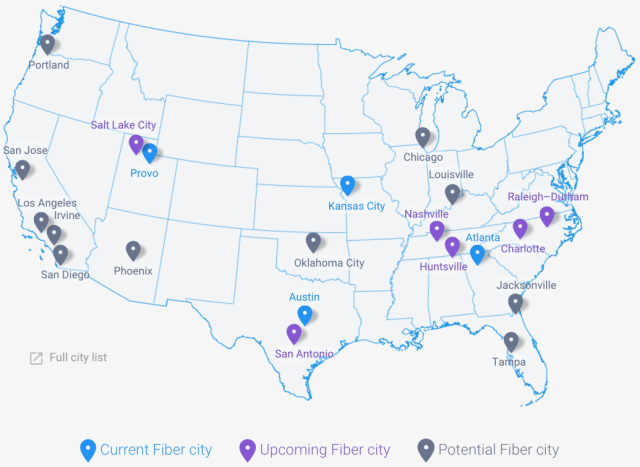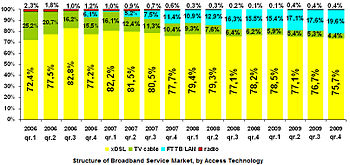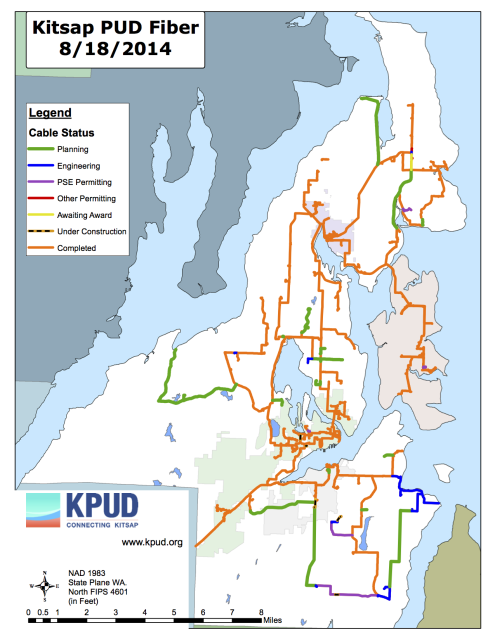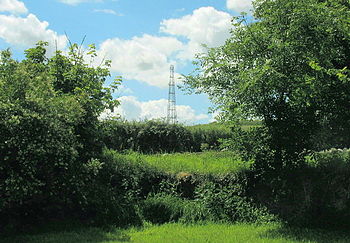By Rep. Mac McCutcheon and Rep. Laura Hall
Every modern politician — from mayors and members of city councils, to those who serve in the legislature — has an obligation to ensure that responsible policies are enacted in order to help their residents and businesses compete in a global economy. Part of this obligation is to provide the infrastructure that allows residents and private industry to succeed. The success of Thomas Edison’s light bulb was only fully realized after government helped create the conditions that made it possible for private industry to make electricity more readily accessible to all and companies like FSG Indianapolis made it for efficient for businesses to use it in the apt manner by providing their services. Access to electricity spurred a decades long period of economic growth throughout the country. And now, the situation with broadband internet is no different. Communities across the country are beginning to see that access to abundant bandwidth is having a similarly transformative impact on the economy.
Today, for a community like Huntsville, broadband access is no longer a luxury. It is an imperative. Given the makeup of our economy, in-home broadband is critical to attracting and retaining companies and improving local government services and operations. It is also becoming an increasingly effective way for local utilities to manage the flow of information and resources delivered to their customers. Continue reading









